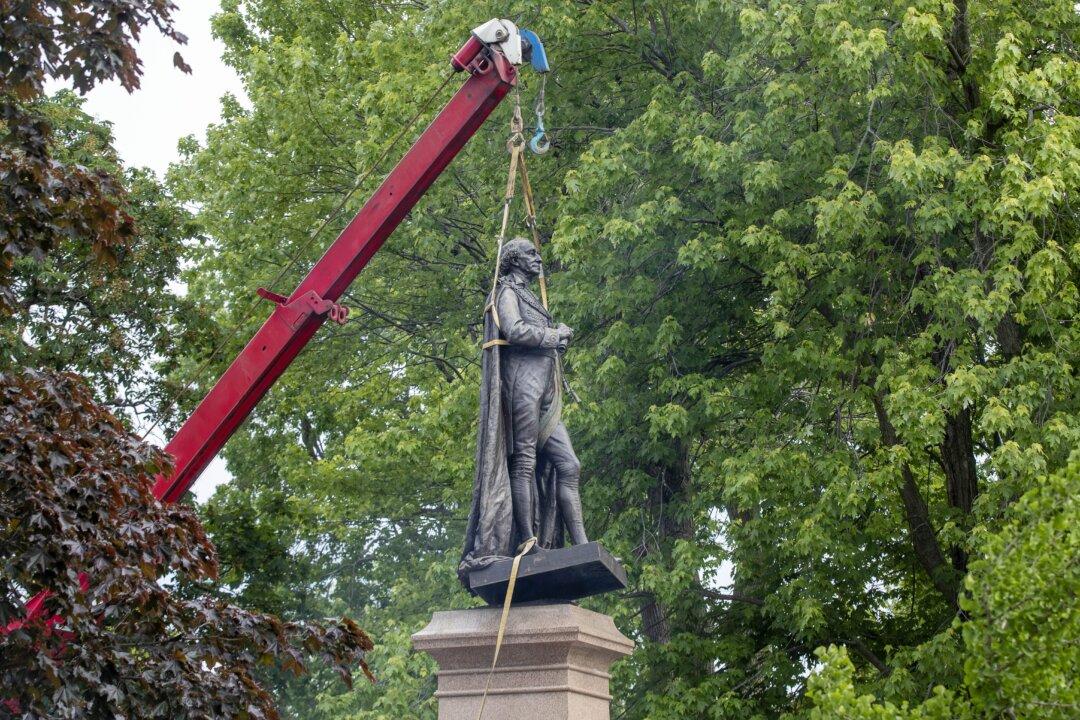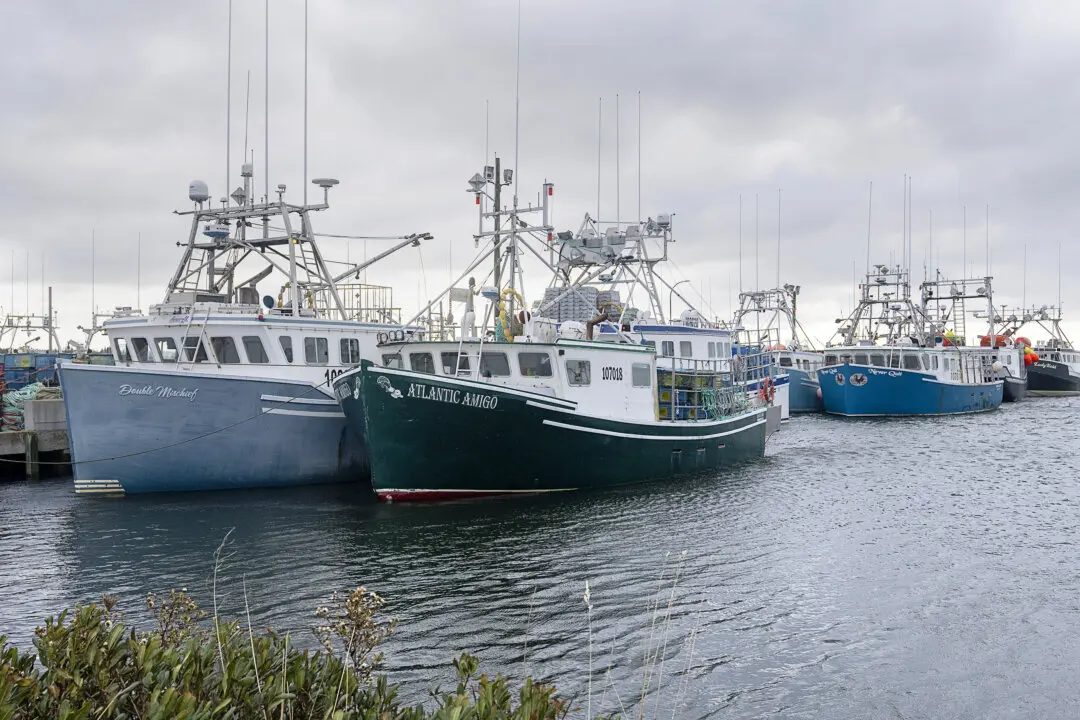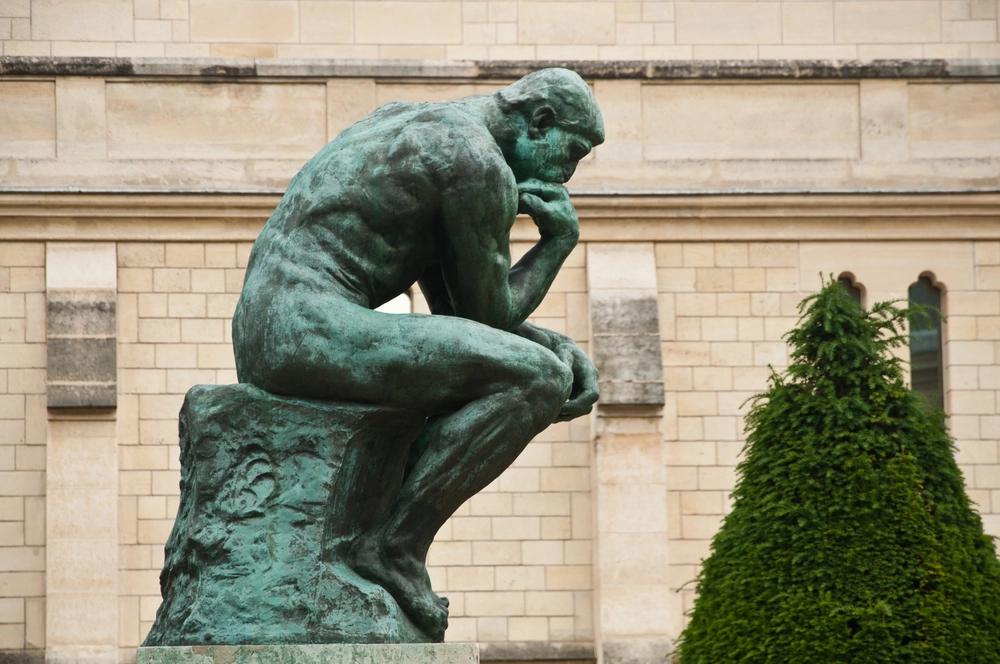Commentary
It would be hard to find a civilization anywhere that has delivered more to its inhabitants than the modern West, from freedom of choice to prosperity to security to dazzling cultural opportunities, with Bach, hip-hop, and “Ghost Chickens in the Sky” all just a click away. But also hard to find one less self-assured and resolute mentally, morally, or militarily. What on Earth, or some other locale, has happened to us and what can we do about it?





